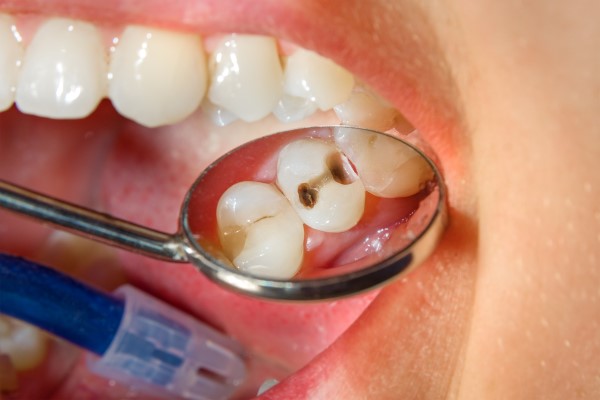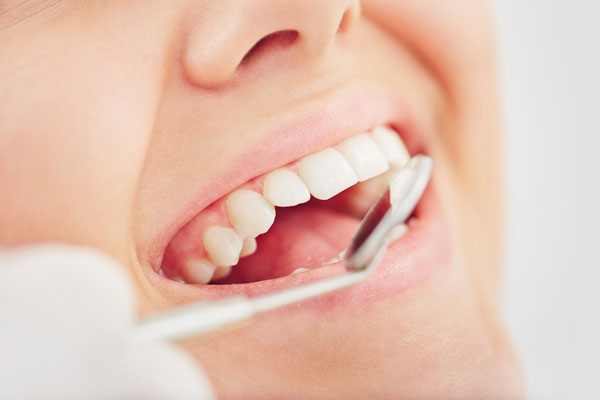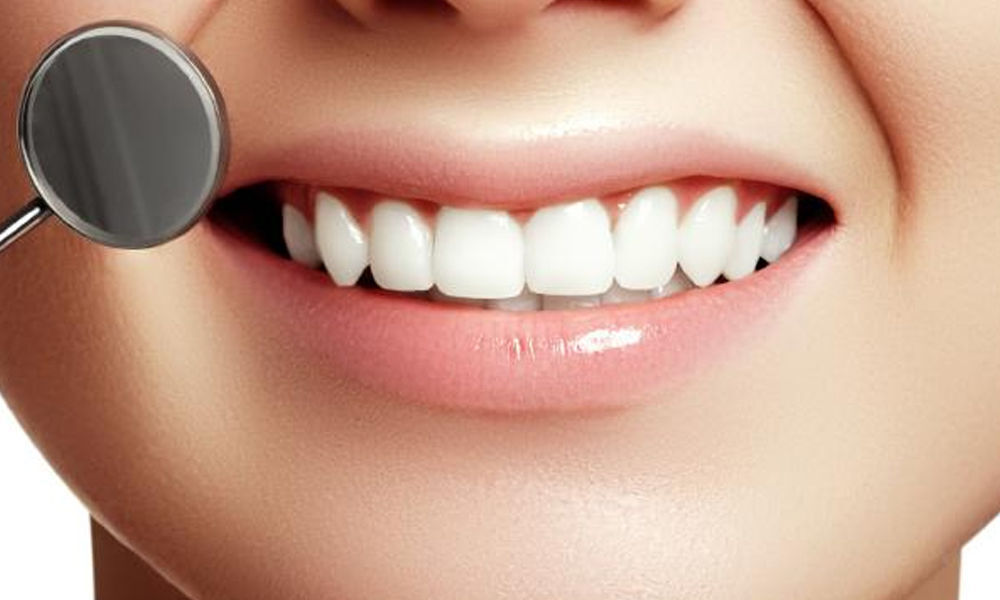The human body is home to trillions of microorganisms, including bacteria, viruses, and fungi, collectively known as the microbiome. The oral cavity is one of the most diverse and dynamic microbial ecosystems in the body, with over 700 species of bacteria residing in the mouth. The composition of the oral microbiome plays a crucial role in maintaining oral health and preventing diseases such as tooth decay, gum disease, and bad breath.
Probiotics are live microorganisms that, when consumed in adequate amounts, confer health benefits to the host. Probiotics have been extensively studied for their role in promoting digestive health, but emerging evidence suggests that they may also play a role in maintaining a healthy oral microbiome.
How Probiotics Work in the Oral Cavity

Probiotics work by a variety of mechanisms to promote oral health. They can compete with harmful bacteria for resources and space, produce antimicrobial substances that inhibit the growth of pathogenic bacteria, and modulate the immune system to enhance the body’s natural defense mechanisms against infections.
One of the most studied probiotic strains for oral health is Streptococcus salivarius. This bacteria naturally resides in the oral cavity and has been shown to produce bacteriocins, which are antimicrobial substances that inhibit the growth of other bacteria, including those that cause bad breath and tooth decay.
The Benefits of Probiotics for Oral Health
Probiotics have been shown to confer several benefits for oral health, including:
- Preventing and treating bad breath
- Reducing the risk of tooth decay
- Preventing and treating gum disease
- Enhancing the immune response to oral infections
In a study published in the Journal of Applied Microbiology, researchers found that a probiotic mouthwash containing Lactobacillus reuteri was effective in reducing the levels of harmful bacteria in the oral cavity and decreasing the risk of gum disease. Another study showed that consuming a probiotic yogurt containing Bifidobacterium lactis for 8 weeks led to a significant reduction in plaque accumulation and gingival inflammation.
Choosing the Right Probiotic for Oral Health

Not all probiotic strains are created equal when it comes to oral health. When choosing a probiotic supplement or food, look for strains that have been specifically studied for their effects on oral health, such as Streptococcus salivarius, Lactobacillus reuteri, and Bifidobacterium lactis.
It’s also important to choose a product with a high enough concentration of live bacteria, measured in colony-forming units (CFUs). The optimal dose and duration of probiotic supplementation for oral health have not yet been established, but most studies have used doses ranging from 10^8 to 10^10 CFUs.
The oral microbiome is a complex ecosystem that plays a crucial role in maintaining oral health. Probiotics have shown promise in promoting a healthy oral microbiome and preventing oral diseases. While more research is needed to establish the optimal dose and duration of probiotic supplementation for oral health, incorporating probiotic-rich foods and supplements into your diet may be a simple and effective way to support your oral health.

